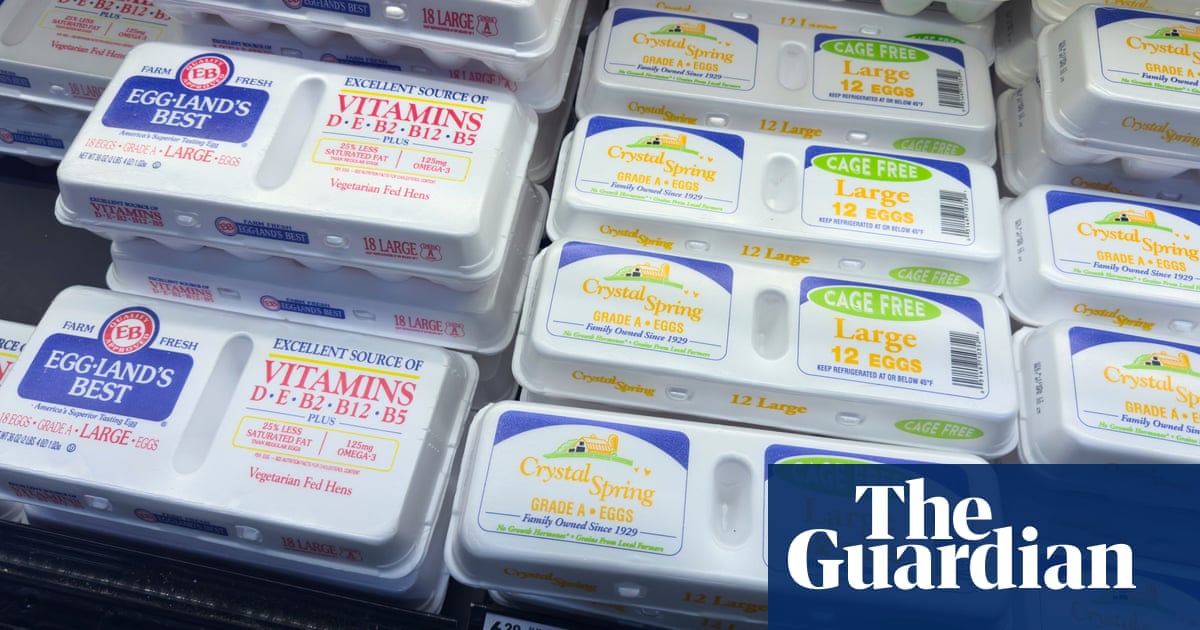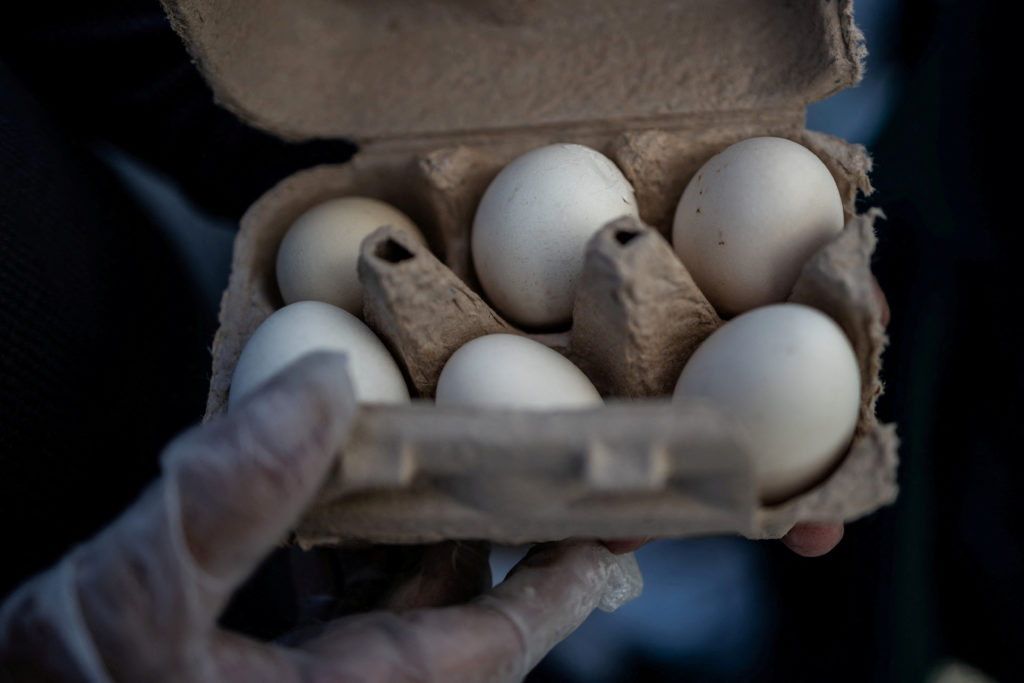U.S. Egg Prices Drop Amid Easing Inflation, But Trade War Tariffs Pose Risks
Egg prices fell significantly in April, but rising tariffs from ongoing trade wars threaten future inflation and consumer costs.
Subscribe to unlock this story
We really don't like cutting you off, but you've reached your monthly limit. At just $5/month, subscriptions are how we keep this project going. Start your free 7-day trial today!
Get StartedHave an account? Sign in
Overview
In April, U.S. egg prices fell by 21.3% to $6.23 per dozen, the first drop since October 2023, correlating with a 0.4% decrease in wholesale inflation. Despite this decline, high retail prices continue, driven by pre-Easter consumer demand. Ongoing investigations into price-fixing among major producers raise concerns. However, the outlook is complicated by President Trump's extensive tariffs, including a 145% tax on Chinese imports, which may counteract the benefits of lower wholesale prices and lead to persistent inflation. The Federal Reserve is closely monitoring these developments while maintaining its interest rate policy.
Report issue

Read both sides in 5 minutes each day
Analysis
- U.S. egg prices have reached a record high of $6.23 per dozen, largely influenced by previous bird flu outbreaks and related supply issues.
- Despite falling wholesale prices, the average retail price for eggs remains high, raising concerns for consumers ahead of Easter.
- Cal-Maine Foods, a leading egg producer, is under investigation for potential price gouging as their profits soared alongside rising egg prices.
Articles (13)
Center (3)
FAQ
The decline in egg prices can be attributed to a combination of decreased wholesale inflation and investigations into potential price-fixing among major egg producers, such as Cal-Maine Foods.
President Trump's tariffs, particularly those extended to imports from the UK and EU, could counteract the benefits of lower wholesale prices by exacerbating supply chain uncertainties and pushing inflation higher.
Bird flu has significantly impacted egg prices by reducing the available supply of egg-laying chickens due to widespread cullings to contain outbreaks, though some argue that market manipulation by dominant producers is a more significant factor.
Yes, investigations into price-fixing could potentially lead to more competitive pricing and reduced egg prices if anticompetitive practices are found and addressed.
History
- 7M

 4 articles
4 articles
- 7M

 6 articles
6 articles









